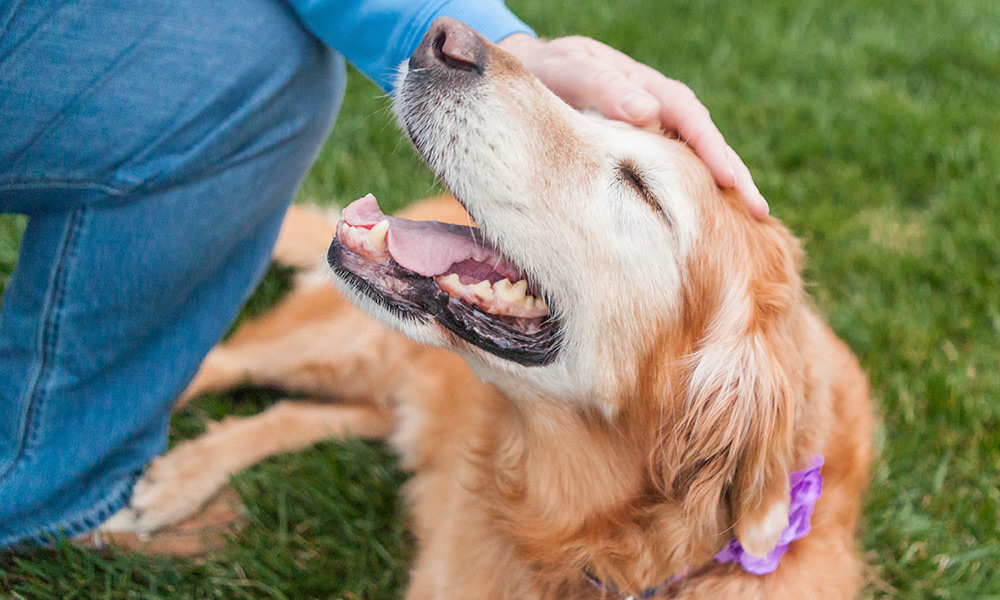Adopting an older shelter dog is one of the best things you can do for both yourself and your new pet. However, integrating an adult – possibly senior – dog into your family takes a different skill set than adopting a puppy. Here’s what you should know.
If you’re considering adding a furry addition into your family, an older dog could be a fantastic option. Adopting a senior dog can have numerous benefits. Including:
- Senior dogs are most likely housebroken.
- Senior dogs aren’t as likely to chew on your belongings.
- Senior dogs aren’t as rambunctious as puppies.
However, caring for an older pet does come with unique challenges. My own dogs were adults when they came into my home, but they weren’t officially seniors. I adopted my girls when they were roughly three years old – still young enough to be amenable to training, but at an age where socialization was a bit of a struggle. It’s been five years, and they’re fully integrated into my family and social circle now, but for people who adopt considerably older dogs – 7 years or older – there may be a bit of a learning curve for both the dog and owner. Here are a few things you’ll have to consider when you decide to care for an older dog.
- Training could be a struggle. While it’s not 100% true that you can’t teach an old dog new tricks, it is a bit true. The older brain isn’t as receptive to new information as the developing brain, and getting an older dog to retain new information can take time. Granted, your new older dog may have already been trained to an extent, (and you really lucked out if they have!) but if they doesn’t respond to “heel”, “sit”, “stay”, or other behavior modification commands, you’ll have to begin a training process. Training is essential not only for managing your dog’s actions, but for getting them to understand that you’re the top dog.
- Older dogs may have preexisting health concerns. Dogs become more susceptible to illness and degenerative health conditions as they age, so your senior may require medications, a special diet, or other accommodations to keep them healthy and comfortable. If your dog has kidney ailments, digestive issues, or canine DCM, Zignature and Blue Wilderness are good brands with age and health-specific pet food formulas.
- Senior dogs have history. Make sure you know about your new pet’s past before you bring them into your home – especially if you have other pets and children. Some dogs that may be perfectly content and gentle in a house with a few adults may not be able to tolerate the aggressive play and noise of children.
- Senior dogs may not be very playful. This is understandable – how many people in their 50s get excited about playing tag? While your older dog may not want to run, jump, and fetch that much anymore, they’ll probably be happy to accompany you on a stroll, or snuggle up with you on the couch.
Bringing a senior dog into your family will be a different experience than adopting a brand-new puppy, but with the right foresight and support, it will be no less rewarding.
I’m a lover of all things dog. In addition to my doggie blog, my hobbies include taking slightly ridiculous pictures of my rescue girls and posting them on Instagram.

Leave a Reply